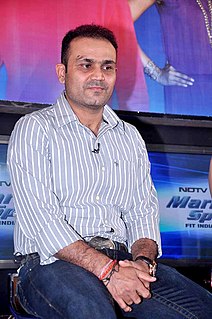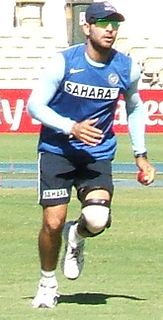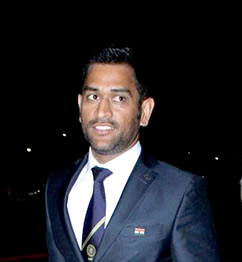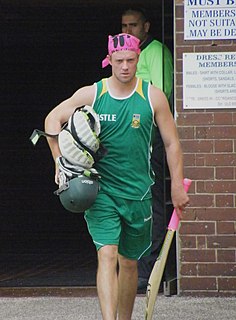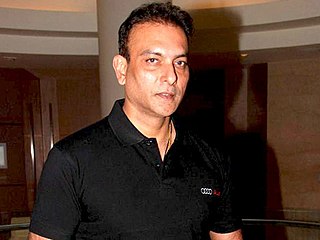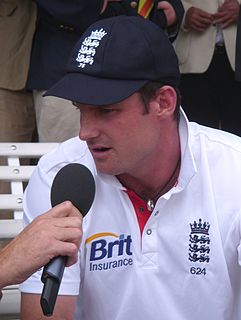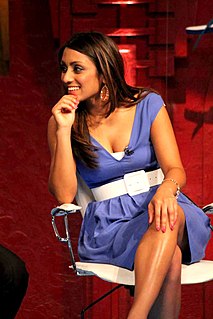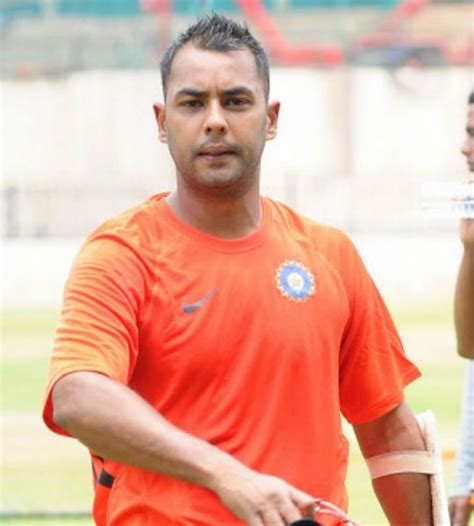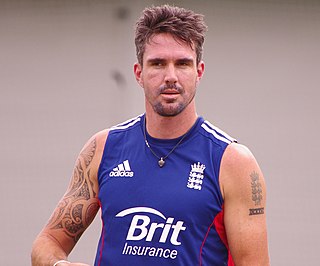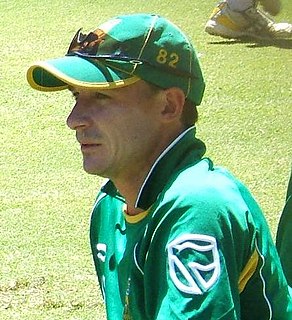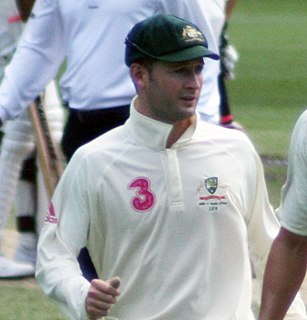A Quote by Virender Sehwag
When I was growing up, I played a lot of ten- and 12-over games, and I would bat in the middle order. I got only ten-odd balls to face, and I tried to score as much as I could. I applied the same approach in domestic and international cricket, and people were appreciating my strike rate being more than 80 or 90 in Test cricket.
Related Quotes
From a spectator point of view, Test cricket is not important; people hardly watch Test cricket. But as a player, Tests are the real thing. You have to concentrate for five days. It's a lot of time, and not easy to do it day in and day out. If people have played 70-100 Tests, it's a lot of cricket, a lot of concentration and dedication.
